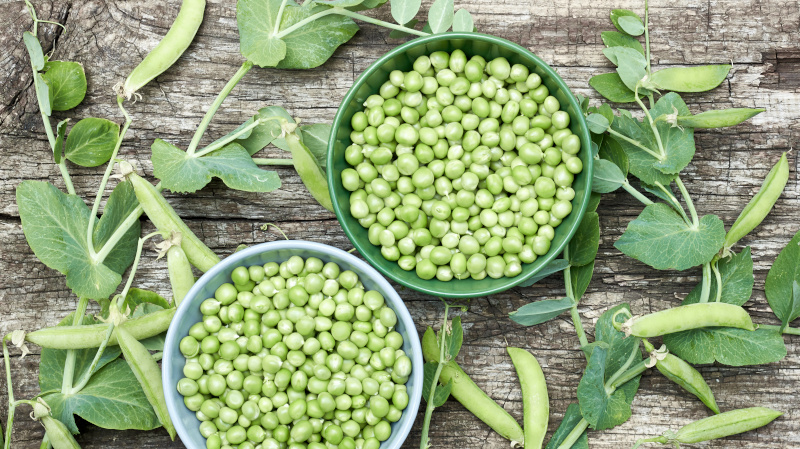
Consumption of plant-based protein products has surged over
the past few years. As growth in vegan product preferences is observed, FMI
predicts the market will surpass USD 2.5 Bn by 2031-end. Historically, the
market grew at a healthy 6.4% CAGR between 2016 and 2020. Increasing awareness
regarding the benefits of pea protein ingredients has accelerated sales. Consumers
choose pea protein also because it is rich in lysine and iron, which are
associated with help against bone-related conditions.
The rising prevalence of cardiovascular diseases will result
in higher sales of pea protein ingredients as consumers show a higher
inclination for a healthy diet, the research indicates. Besides this, the
demand for plant-based protein in sports nutrition will improve the sales in
the pea protein ingredients market.
A relatively high prevalence of food allergies associated
with meat products also is favoring the sales of pea protein ingredients.
According to the National Institute of Allergy and Infectious Diseases, 12. 2
million people have food allergies, with around 8% of children and 2% of adults
allergic to sea food and meat products.
In response, manufacturers have increased their R&D
efforts to develop new product lines for pea protein ingredients. In these
circumstances, the pea protein ingredients market is poised to expand at 7.2%
CAGR between 2021 and 2031.
“Growing consumer preference for natural and organic food
products and increasing concerns pertaining to animal welfare are expected to
boost the market. In order to cater to surging requirements, manufacturers are
introducing new products, which augmenting sales in the market,” said a
FMI analyst.
Key study findings
·
North America is expected to account for over
79.2% of pea protein ingredients sales, with the U.S. dominating the market on
the back of rising consumption of clean-label food products
·
The U.K. pea protein ingredients market will account
for 14% of market share in 2021
·
China’s pea protein market will surpass USD 64.3
Mn in 2021 supported by the growing demand for sustainable and affordable vegan
protein products
·
In terms of product, isolate pea proteins are expected
to hold the lion’s share owing to their high-quality nutrition and growing
adoption among lactose-intolerant people
·
Sales of pea protein ingredients in bakery
sector are expected to surge at 9.9% CAGR through 2021.
Key drivers
·
Growing
demand for plant-based products and vegan diets will accelerate the growth in
the market.
·
The
absence of allergen properties in pea-protein ingredients as compared to other
conventional plant-based proteins is expected to improve the adoption.
·
Declining
consumption of meat products due to intolerance of animal protein is likely to
boost the market.
Key restraints
·
The
high cost of extraction and processing pea protein ingredients is anticipated
to pose challenges for market players
·
Lack of processing outputs in emerging and
low-income economies resulting in limited supply to hamper the sales.
Competitive landscape
Leading players in the pea protein ingredients market are
focusing on introducing new product lines in response to surging demand for
clean label and non-GMO plant-based ingredients. Also, some of the players are
extensively investing in research and development activities to introduce new
products in the market. Meanwhile, other players are collaborating with food
manufacturers and end-users to expand their customer base. For instance:
In October 2021, Ingredion Inc., unveiled its Prista Line of
pulse-based ingredient solutions. The line includes Homecraft Prista P 101 pea
flour, Vitessence® Prista P 155 pea protein concentrate, and Vitessence Prista
P 360 faba bean protein concentrate for plant-protein-based applications
including instant and ready-to-eat (RTE) products.
In 2021, Ulrick & Shirt launched a new range of clean
label, organic functional starches, and proteins.
In January 2020, Beyond Meat, a leader in plant-based meat,
announced a multi-year pea protein supply agreement with Roquette, a leader in
plant-based ingredients and a pioneer of plant proteins.
FMI is a provider of market intelligence and consulting
services headquartered in Dubai, and has delivery centers in the UK, U.S. and India.


